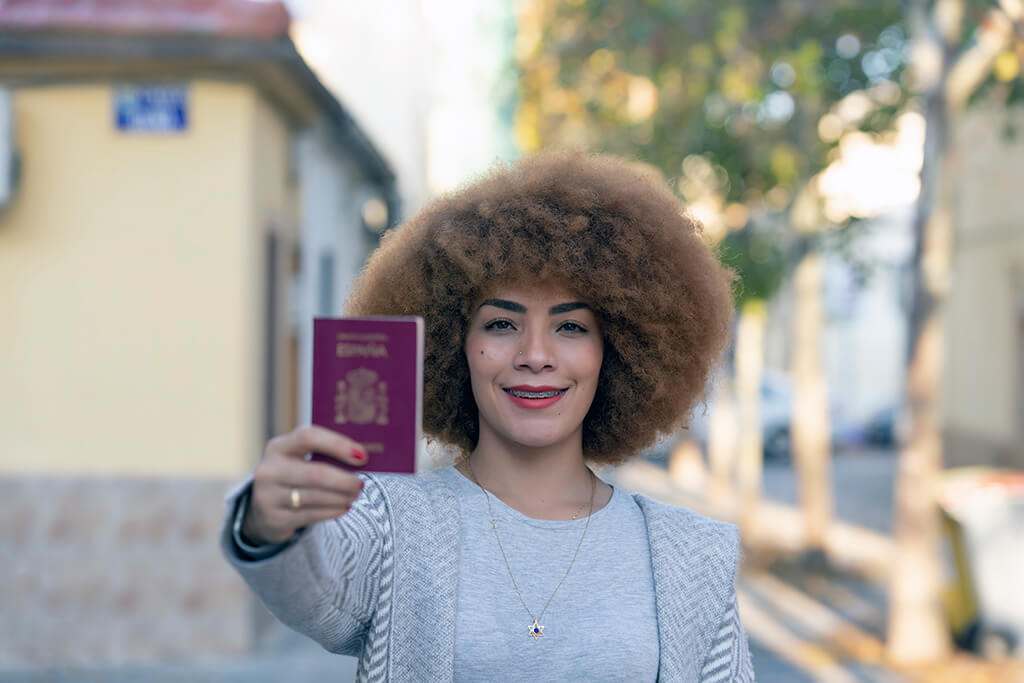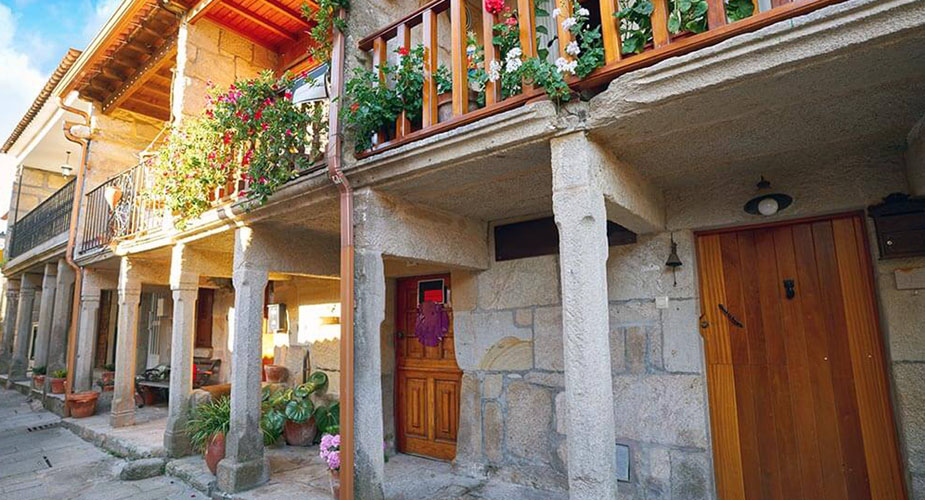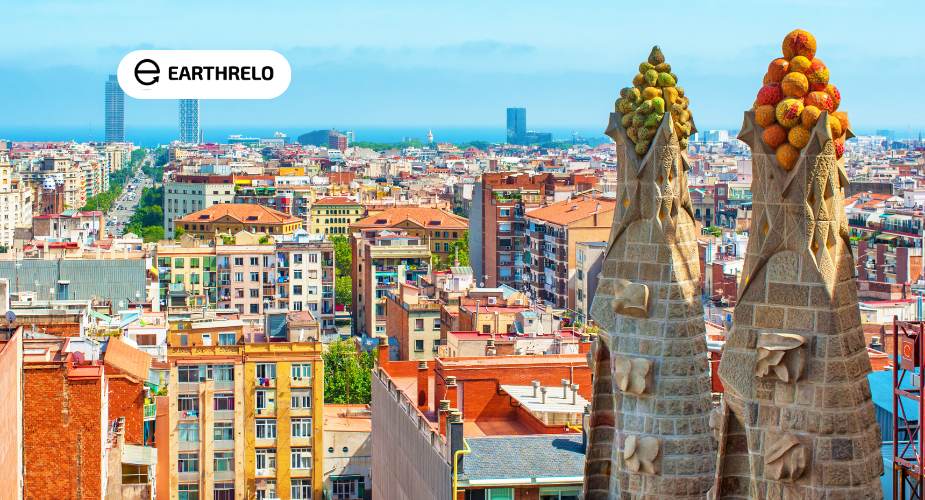- March 30, 2021
Introduction
So, you’re moving to Spain. This article will provide you with a moving to Spain checklist. There are many considerations before moving, including understanding the Spain healthcare system and other things to know about Spain. We’ll discuss some of the things to do before moving to Spain.
This can be exciting, overwhelming, bittersweet or maybe a mix of all of the above plus more. Perhaps you’re retiring, moving for school, or relocating for work. COVID has removed the boundaries of offices as we once knew them.
Regardless of your reason, Spain is a beautiful country full of great culture, food, and people. As with any big move though, there’s plenty to do to prepare. Ideally, you will have had the opportunity to visit and see some of it for yourself. You’ll want to do plenty of research and do what you can in advance, as well as what to expect once you get there.
Things to Do Before Moving to Spain
Learn Spanish
The level of English proficiency will differ widely depending on where you move in Spain. Most people in metropolitan areas such as Madrid speak English fluently. Other places, not so much. It partly depends on the concentration of expats in the area. More rural areas may speak limited English. Learning the native language can be one of the most important things to do before moving to Spain.
Expats who do make the effort to learn Spanish report higher satisfaction levels than those who do not. You can use apps like Duolingo, software and resources such as Rosetta Stone or Babbel, or even sign up for classes when you get there. Spaniards are very friendly and eager to practice their English as well.
It’s also important to respect the different languages. Catalan, Valenciano, or Gallego are separate languages, not dialects of Spanish or Castilian. They are their own Spanish languages, co-official with Castellano in the areas where they are spoken (Catalunya, Valencia and the Balearics, and Galicia).

Visa
According to the Schengen Agreement, U.S. residents do not require a Visa for visits up to 90 days. If you’re moving there, one of the things to do before moving to Spain is to set an appointment with the Spanish consulate or embassy closest to your place of residence at least three months before your move date.
There are three types of visas available: student, non-lucrative residence, and work visa. Here is a moving to Spain checklist of what you’ll need:
- Application form, signed and filled out correctly
- Two passport photos, glued to your application form
- Your original passport and government issued driver’s license or state ID
- Residence Form EX-01 (Solicitud de autorización de estancia y prórrogas); essentially the Spanish residence permit
- If you’re not a US resident, you must also prove your valid US immigration status.
- A medical certificate from your family doctor, signed, on company letterhead, written directly or translated into Spanish and certifying you are in good health and do not pose a threat to public health
- A criminal history record from states of residence for the past five years or the FBI (must be dated within 3 months of application date)
- Proof of health insurance comparable to that of the Spain healthcare system that covers general and specialized medicine and hospitalization and requires no co-payments or reimbursements; must be provided by a company authorized to operate in Spain and cover residents, not travel visitors
- If not on a work visa, you’ll need to provide proof of enough income or savings to sustain yourself while living there.
- Pay the fee of approximately $140 in cash or money order, depending on the consulate.
Find a Place to Live
When making such a big move, it might be a better idea to rent before purchasing property, unless you are already very familiar with the area and know where you’d like to live. Renting gives you the opportunity to get to know the area and see if it’s what you want before committing to it for a long period of time.
Plus, you’ll get to explore and discover new areas once you get there. You might find that what you thought you wanted isn’t what you wanted at all after being submerged in the culture.
Allow yourself the flexibility to try things out first, then decide. There are many things to know about Spain that you won’t be able to learn until you get there.
Open a Bank Account
In order to open a bank account, you’ll first need to obtain an NIE, which is your foreign residency number. It’s the equivalent of a US social security number. Once you have this, you can then open a bank account.
Some of the things to consider are whether the bank has a strong online presence and locations that are convenient to your points of interest, such as work, school, or home.
Healthcare
If you’ll be working for a US company while in Spain, you’ll need to follow the instructions mentioned earlier about providing proof of comparable health insurance coverage to the Spain healthcare system while applying for your visa.
If, however, you’ll be working for a Spanish company, social security contributions will be taken out of your paycheck and you’ll have access to the free national Spain healthcare system. Additionally, you have the option of purchasing supplemental private insurance if you can afford it to avoid long wait times sometimes associated with public healthcare.
Cost of Living
Comparing the cost of living in the US to Spain will depend largely on where you’ll be living and your lifestyle. While the average monthly disposable salary in the United States is twice as much as that in Spain, real estate prices, for example, are also 39% higher.
Other things like transportation, for example, are higher in Spain. So, some of the things you’ll want to consider when you’re deciding how to move to Spain is whether you’ll be renting or buying, purchasing a vehicle or using public transport, and other things like that to get an idea of what your cost of living will be.
Learn Culture – Things to Do Before Moving to Spain
One of the most important things to know about Spain is understanding how culture can affect getting simple things done. This can be different in Spain as a result of its culture. Some sources say that the famous “siesta” is a thing of the past, but the working hours in Spain are not like the US’ 9:00 am to 5:00 pm.
It is more like 8:30 am to 8:00 pm, with an extended lunch of several hours. Spanish life runs late. Breakfast hours can run into the afternoon, lunch hours into the evening, and late-night has its own word, “la madrugada.”
You may have difficulty getting speedy service if you try getting anything done between the hours of 9:30 am and 11:00 am. Additionally, Spain is notorious for its bureaucracy and red tape. You’ll want to check and double-check to make sure you have everything you need before going to get something done and then check and double-check again that you’ve gotten everything you need before you leave.
Another one of the interesting and important things to know about Spain is that August is a particularly challenging month to get any business accomplished in Spain. Most of the country can be found beachside, enjoying the weather.
Businesses even close early. Make sure that you plan accordingly for this. If you can’t beat them, join them. Be prepared for large crowds at the beaches. Therefore, one of the things to do before moving to Spain is to time your move wisely.
Conclusion
In conclusion, there are many things to do before moving to Spain. To make things go as smoothly as possible, plan in advance and do your research on how to move to Spain, things to know about Spain, and things you need for Spain. Then, go and enjoy the beauty that Spain has to offer.
Also Read: Moving to Spain: Living in Spain as a U.S. Expat – What to Know




